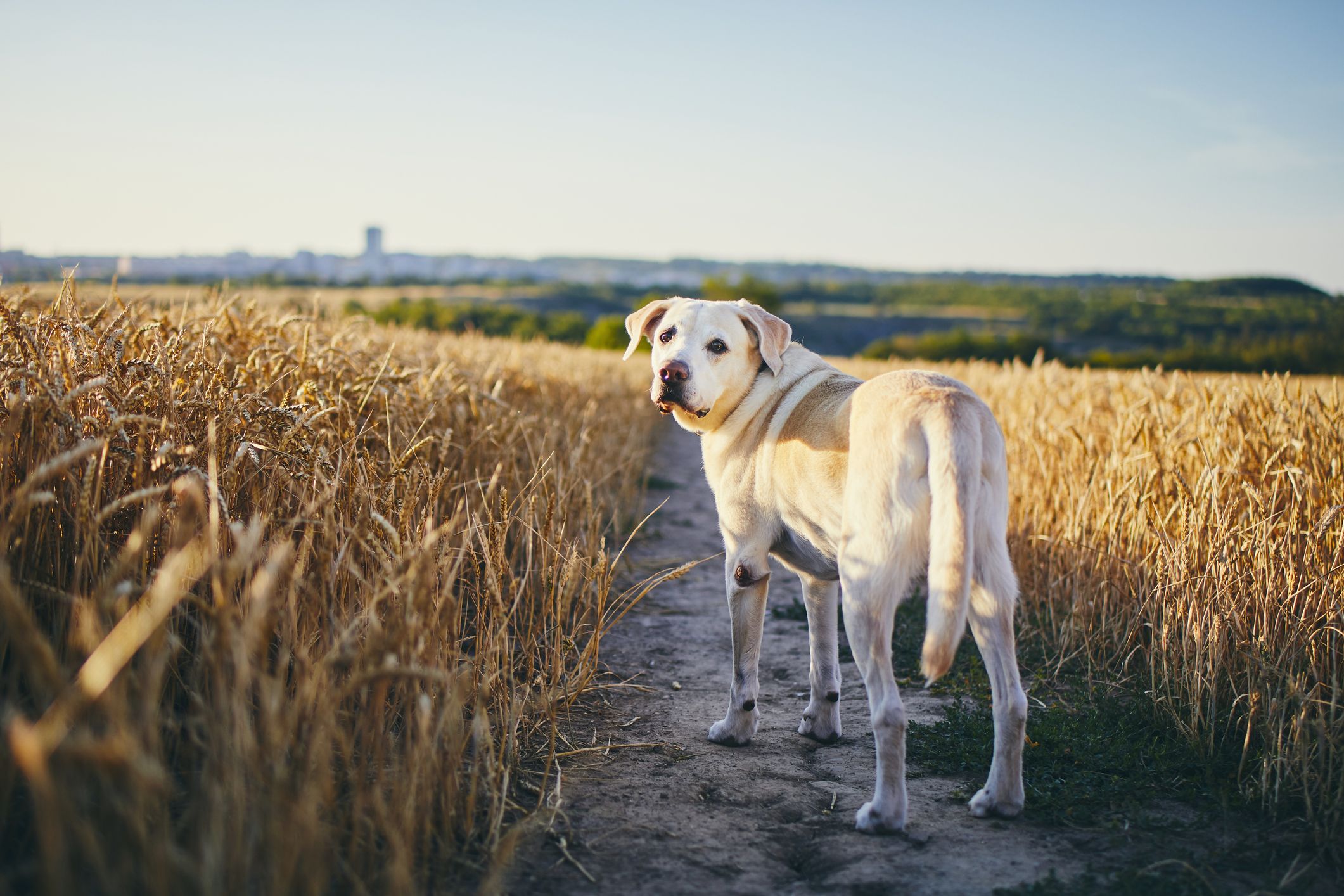You might be surprised to learn that dogs can develop allergies to certain ingredients, just as humans can. This can even be the case when buying premium brand dog food that is made with high-quality ingredients and limited “fillers”, i.e. unhealthy ingredients that have little or no nutritional value, could have been replaced by higher quality alternatives, and aren’t biologically appropriate for dogs.
This blog from Bay Vets takes a look at dog food allergies in a little more detail and provides some common examples of food allergens for dogs so that you know what to look for and how to keep your canine companion healthy and happy.
The difference between an intolerance and an allergy
If you think your dog has had an adverse reaction to an ingredient, the first thing you should try to establish is whether your dog is intolerant or allergic. An intolerance is when a dog has difficulty digesting a certain ingredient, like dairy or wheat.
On the other hand, an allergy triggers an immune response, as the dog’s immune system mistakenly identifies an ingredient as harmful. This could result in symptoms such as itchy skin and/or paws, sneezing, rashes, scaly and/or oily skin, eye discharge, red eyes, vomiting and diarrhoea, and hair loss.
Common canine food allergens
Beef
The protein component of your dog’s food can often be an allergen, so any meat ingredient could potentially pose a risk. Feeding your dog the same ingredient for years can increase the chances of them developing an intolerance or allergy to that ingredient. Beef is one of the most common ingredients in a lot of dog foods, meaning that most dogs are exposed to the ingredient regularly and therefore are more likely to develop an intolerance or allergy to it than any other food allergen.
Dairy
Some dogs have a hard time digesting lactose, as do many humans. This is often an intolerance rather than an allergy, but it can still be incredibly unpleasant and uncomfortable for your dog. Symptoms include gas, diarrhoea, and/or vomiting.
The difficulty with dairy intolerances is that the symptoms are often very similar to those of a true dairy allergy, meaning it’s hard to know whether your dog is intolerant or allergic. One important distinction is that a dairy allergy may manifest as skin itchiness or related symptoms, whereas lactose intolerance will always be a digestive issue. If you’re unsure, visit your veterinary surgery to get an expert opinion.
Wheat
Many dog owners think that carbohydrate-containing foods – and grains in particular – are one of the worst things their pet could have, but this is actually a misconception. For instance, it’s far more likely that your dog will develop an intolerance or allergy to a meat ingredient than grains.
However, some dogs do have an allergic reaction to wheat, so it’s worth checking with your vet or pet nutritionist if you’re concerned. When it comes to wheat intolerances or allergies, every animal should be treated as an individual, unique case.
If you’re concerned about your dog’s symptoms, do not hesitate to get in touch with the team at Bay Vets. We’ll be able to establish the root cause and come up with a comprehensive treatment plan that works for you and your furry friends. At the small animal clinic, we also offer puppy checkups so that you can make sure your dog is happy and healthy at all times.





